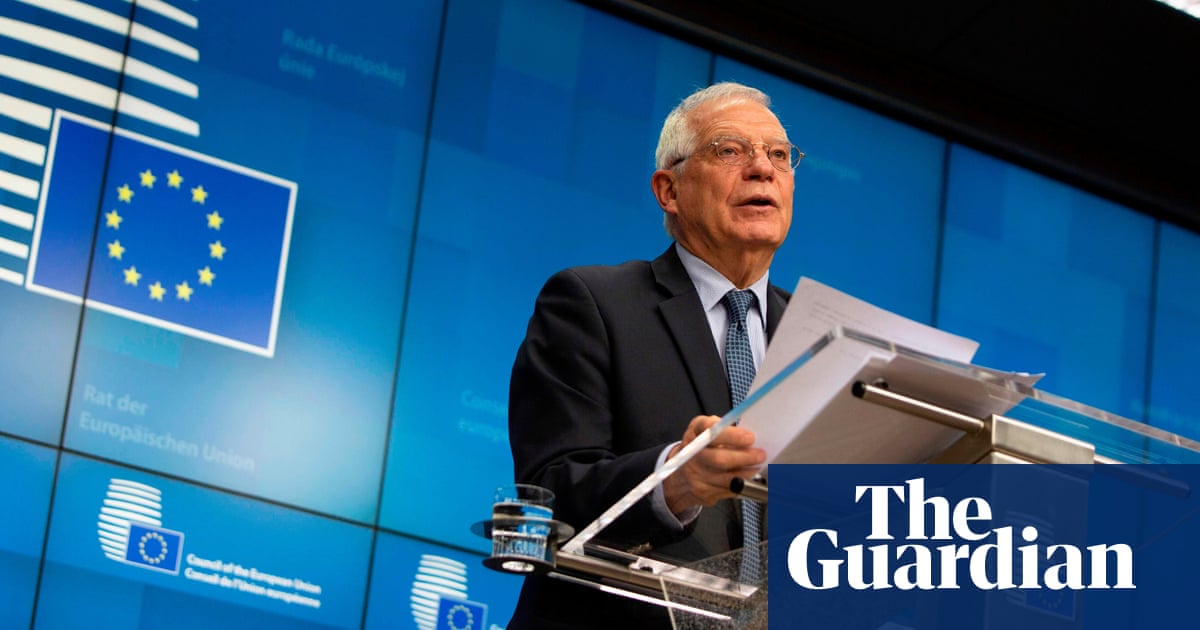
EU ministers are to discuss the need for greater defence cooperation and a renewed intelligence assessment in the face of a heightened risk of a China-US military confrontation.
The call for greater EU defence cooperation comes in a Franco-German joint paper and, although familiar, has been given added urgency by fears in the bloc that the US and China will become locked in a permanent big power confrontation.
The paper, due to be discussed by EU defence ministers on Tuesday and first obtained by Bloomberg News, says defence integration is necessitated by “the return of power competition and confrontation and the ensuing threat to the rules-based international order”.
The memo proposes that the EU’s intelligence arm should produce a classified threat assessment by the end of the year, on the basis of which it can decide on how to enhance its joint capabilities in the future, in areas ranging from peacekeeping to space and cybersecurity.
The EU has launched several initiatives to deepen its defence integration in the past, including by encouraging greater joint defence procurement, so reducing duplication, but the shift towards integration has become more pronounced after the bloc’s initially stumbling joint response to coronavirus.
The intelligence assessment will mark a moment after the US presidential elections for the EU to assess the risk of a deep strategic conflict.
The EU foreign affairs chief, Josep Borrell, at the same time said the bloc would launch a bilateral dialogue with the US on the challenges posed by a more assertive China in an effort to reach a common understanding. Borrell was speaking after EU foreign ministers held a virtual two-hour meeting with the US secretary of state, Mike Pompeo, covering the main points of dispute between them including China and the potential Israeli annexation of Palestinian territory on the West Bank.
Borrell has said the tension between China and the US has become the main axis of current global politics and the pressure on the EU to “select a side” among the two is increasing.
Borrell said: “We as Europe must find our own independent way of doing things, even though this will bring various challenges.” But some EU states say it is inconceivable in terms of values for the EU to be equidistant between China and the US.
Borrell is known to be resistant to talk of a new cold war, arguing all the big issues on trade and the climate crisis require Chinese cooperation. At the same time, the EU shares US frustration at the lack of access to Chinese markets, and the role of Chinese state companies.
EU policymakers are also worried that the US is about to impose a form of extra-territorial sanction by blacklisting European companies that cooperate with the Chinese state telecommunications company Huawei.
The US and EU bilateral dialogue will instead try to find more limited areas of cooperation by pressing China to do more to open access to markets and by resisting sensitive security investments.
Borrell said the mood of the meeting was not one in which Pompeo either accepted or rejected the EU point of view, adding he was sure the secretary of state would have been aware of the internal differences within the union.
Source: US Politics - theguardian.com



